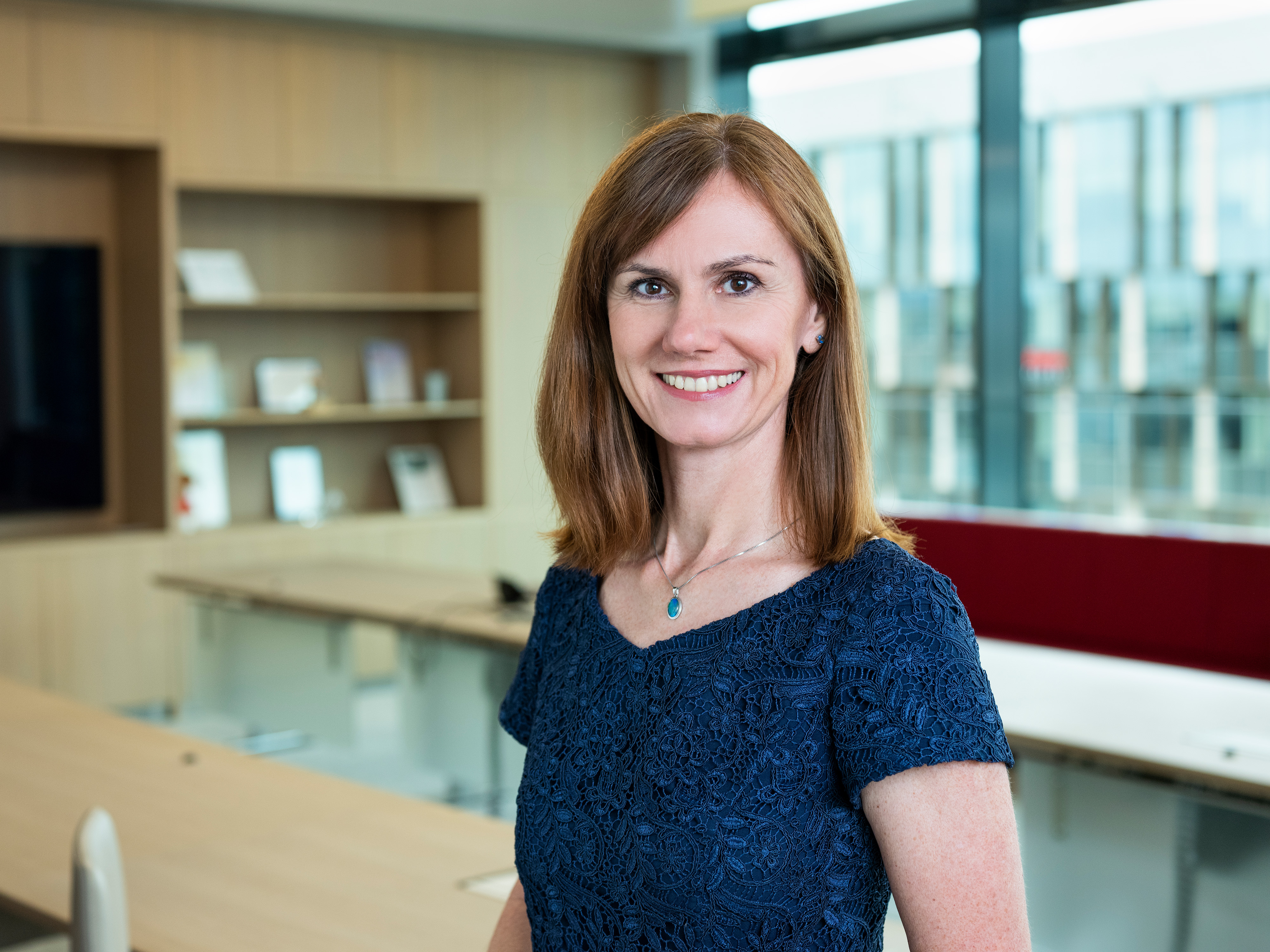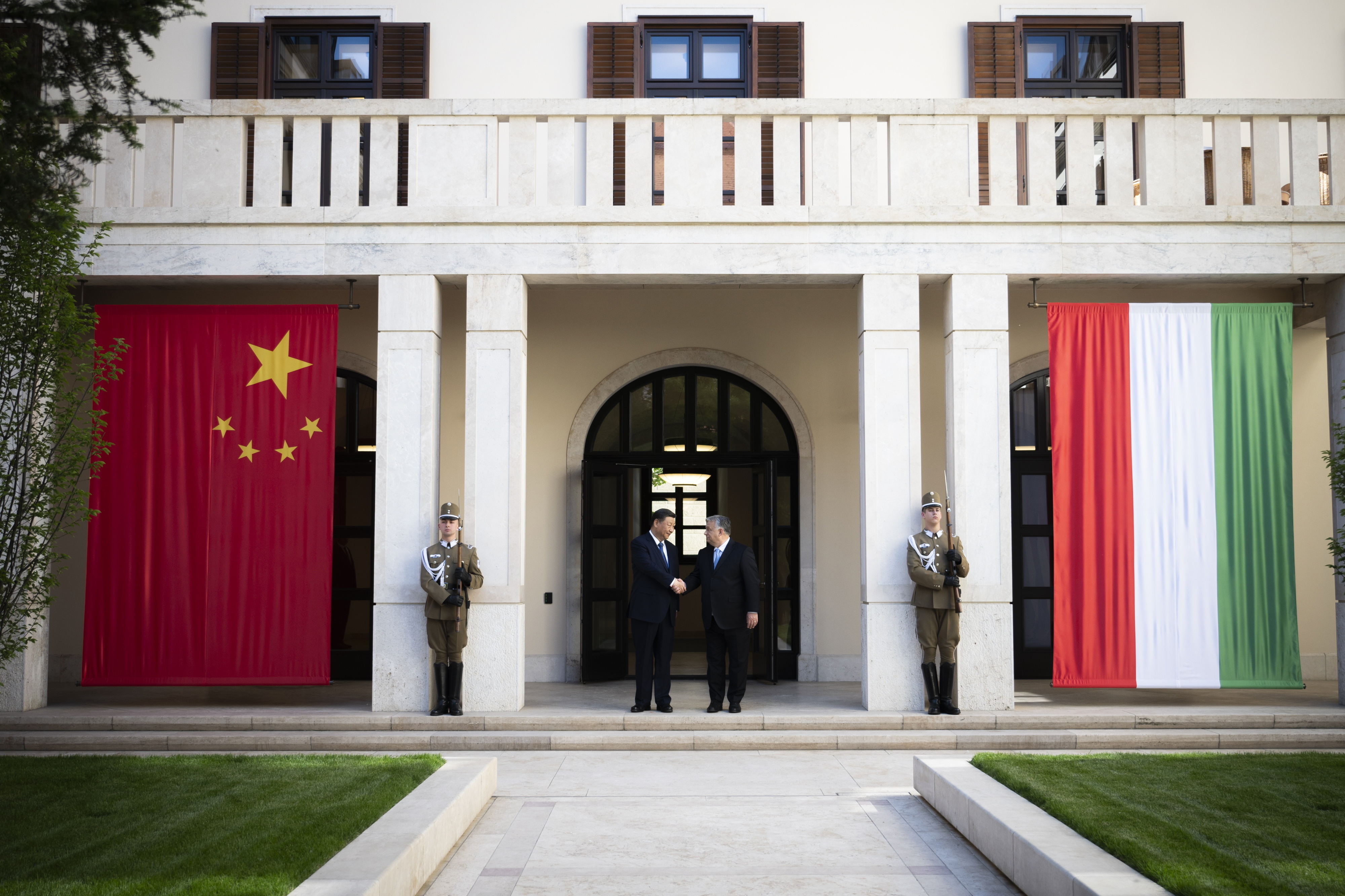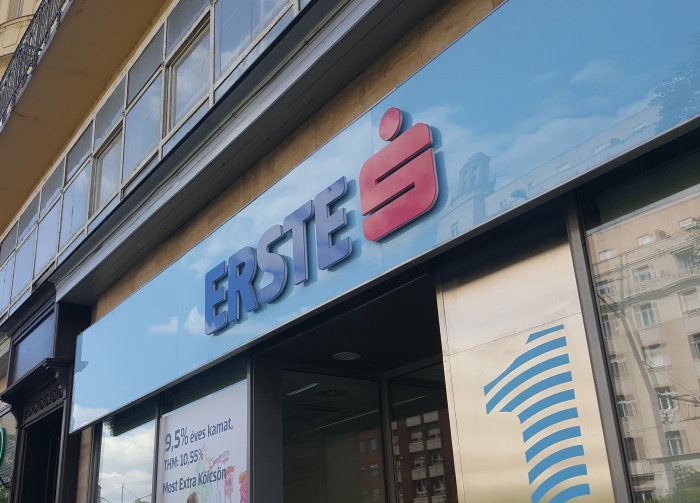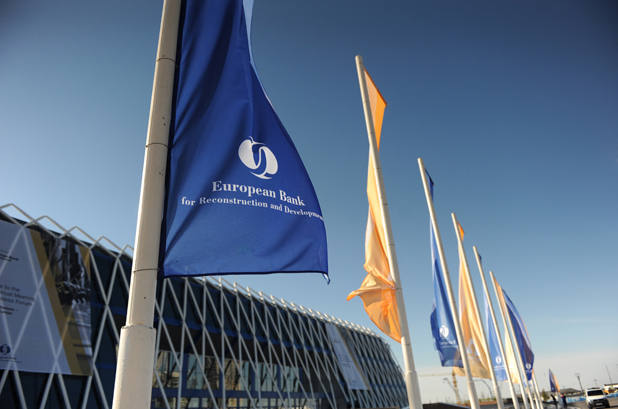Moving Next Door and Learning how to Move On

Veronika Spanarova
The businesses that come out strongest from the post-COVID period will be the ones that have been able to learn most from their pandemic findings, says Veronika Spanarova, country head of Citi Hungary.
“We have been watching very closely what we can take forward as learnings from this, and how we can best utilize those processes have been accelerated,” she tells the Budapest Business Journal in her first interview with the publication.
She makes the point that Citi has long been a digital champion, seeing technology as a point of difference for the global bank.
“With the process of digitalization, it is important we take stock of what we already had, what was accelerated by the pandemic and what we will utilize even after the pandemic, as opposed to temporary measures we only adopted to get through that period,” Spanarova says.
“There has been some big progress on the treasury and trade side, for example. Where I think we will go back to non-digital will be a lot of conversations like this interview.”
Our interview is taking place via Zoom, and while she says we have all grown comfortable with the technology, it cannot replace human-to-human interactions in the longer term. But video conferencing will have growing importance in today’s more environmentally aware world, Spanarova says, when a business trip might not be necessary, for example.
Citi has been present in Hungary as a bank since 1985 (it marked its 35th anniversary in December with a tree planting ceremony, symbolic of “our interest in the future and our interest in the environment,” Spanarova says), but has also had a strategic global Citi Solutions Center here since 2005; combined, the business currently employs close to 2,500 staff.
“That says a lot about Citi’s confidence in the franchise and the talent here,” the country head says.
Undiminished
Interestingly, that confidence did not diminish during the pandemic. “We actually had more than 200 new colleagues join Citi over the last year.”
That was 200 people not just starting a new job, but doing so while also largely working from home and thus having limited ability to meet team members and learn the company culture.
Spanarova says onboarding has had to pay special attention to matters such as these. Indeed, looking after staff has been one of the four key priority areas for the business during the pandemic (the others being: clients and partners; processes and controls; and community). The team is not about to start plateauing anytime soon, either.
“We are looking at growing our team further in 2021 by about the same amount, so 200 people as we did last year. The primary areas are finance, information security, and technology, and we are also working on growing the banking side as well,” she explains.
“I am particularly excited that we are seeing increasing specialization and senior positions coming here to Hungary.” Those are just the sort of interesting career options that might tempt fresh graduates right out of university, attract Hungarians working overseas back home, or even people from other countries looking for stimulating work.
“We have colleagues from 65 countries, speaking more than 35 different languages,” Spanarova says of the Citi franchise in Hungary.
Matching that sort of sustained growth is dependent on attracting the best talents, naturally, but it also requires good through-flow from the Hungarian education system. Spanarova says Citi takes on 60-70 graduates a year from Hungarian universities such as Corvinus, Budapesti Gazdasági Egyetem (Budapest Business School) and Óbuda University, with which it has cooperation programs.
“I started with Citi straight from university, so that is very much part of my personal focus: how do we provide those first career opportunities.”
But she says the program also goes far beyond that. Citi gives out career advice, its staff give lectures and provide up-to-date examples of the sort of skills and knowledge needed in today’s commercial world. It all circles back to community being one of the four priority areas mentioned earlier.
(Citi gave a donation of HUF 38.6 million to the Hungarian Red Cross last year to be spent on the most deprived areas, made further donations to the Hungarian Food Bank and, with other banks, joined the Digital Fast Lane program of the Hungarian Banking Association, which aims to bridge the digital divide.)
Not Unknown
Spanarova and her family moved to Hungary in the fall, between lockdowns. She took over the role of country head from Kevin Murray, well known to readers of this publication. He still has a role to play as Central Europe head, but neither he nor Hungary were new to her.
“I have worked with him for four years in my previous role as Country Head of Slovakia, which is part of the same Central Europe cluster led by Kevin. That was another point that made the transition [to Hungary] very nice and easy. He introduced me to peers, to clients and key partners,” she points out. She adds that she is delighted she is still able to pick his brains and learn from his experiences.
Her professional links with Hungary go back further still, to the year 2000, when she had responsibility for the transactional banking business in Central Europe, meaning she already knew many of her now Citi Hungary colleagues. But as a Czech national, she has an even longer personal connection.
“I remember learning to swim in Lake Balaton, when my father was teaching me. It is a very strong memory, so I am happy to be back here,” she says. Having previously lived and worked abroad in Brazil and South Korea, the move from the Czech Republic to Slovakia, and from Slovakia to Hungary hardly represented a culture shock, as she points out.
“From Bratislava to Budapest is only 200 km on a very good highway; logistically it could not have been much easier,” she says with a laugh.
As a mother of three now teenage children, balancing a high-level career, she is a living embodiment of Citi’s commitment to drawing on all talents. But she points out that gender diversity must be a two-way street. From January 1, the business has globally offered all new parents four weeks of parental leave, with 100% of the salary covered, and that has already seen men in Hungary taking time off to bond with their new born for the first time in Citi’s history here.
This article was first published in the Budapest Business Journal print issue of March 12, 2021.
SUPPORT THE BUDAPEST BUSINESS JOURNAL
Producing journalism that is worthy of the name is a costly business. For 27 years, the publishers, editors and reporters of the Budapest Business Journal have striven to bring you business news that works, information that you can trust, that is factual, accurate and presented without fear or favor.
Newspaper organizations across the globe have struggled to find a business model that allows them to continue to excel, without compromising their ability to perform. Most recently, some have experimented with the idea of involving their most important stakeholders, their readers.
We would like to offer that same opportunity to our readers. We would like to invite you to help us deliver the quality business journalism you require. Hit our Support the BBJ button and you can choose the how much and how often you send us your contributions.










